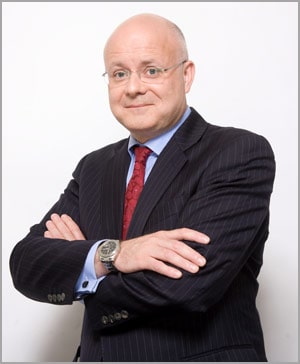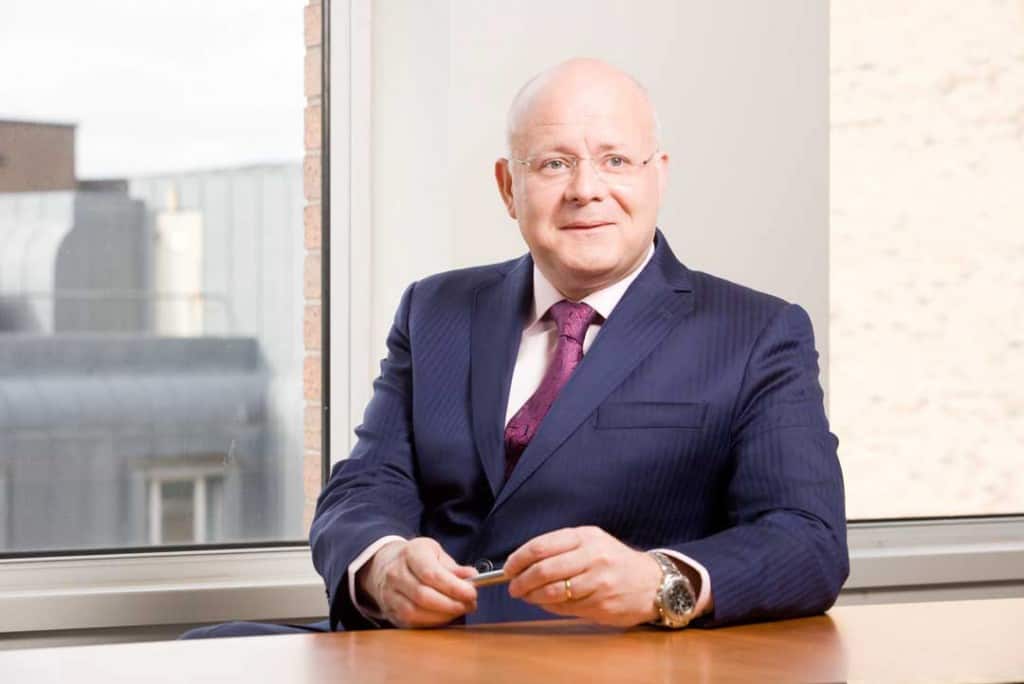Shaun Murphy, managing partner, KPMG reflects on the findings of their research on global and Irish business leaders.
The pace of change faced by CEOs in Ireland and worldwide is increasing – and technology, and its role in disrupting business and providing opportunity, is a significant factor. In addition to leadership and strategic skills, there is a growing requirement for CEOs to lead on mission-critical issues that they have not grown up with or previously experienced in their careers.
Understanding these forces and how they are shaping business lies behind KPMG’s CEO Outlook – our new research into the attitudes of both Irish and global business leaders.
In commissioning this study, we were interested in looking beyond current sentiment to uncover longer-term insights on what business leaders are planning at a time of unparalleled change. In Ireland and worldwide, the message is consistent. A majority of CEOs believe the next three years will be more critical for their industry than the previous 50 years. These anticipated changes are quite profound and range from the impact of technology and more powerful customers, to the pressure to innovate and collaborate.
In Ireland, many of these issues are joined on the board agenda by topics ranging from the challenges of running a business in a small, globalised economy to the potential impact of Brexit. Interestingly, CEO research conducted by KPMG in the UK highlights that a majority of UK CEOs are assessing the possibility of relocating their headquarters or operations outside the UK – providing potential opportunity for Ireland.
CONFERENCE REMAINS

They personally have to think strategically about the forces of disruption and innovation
Inevitably, some of this stems from the natural self-confidence of leaders with a proven track record. CEOs also have more information at their disposal about how their customers use their products and services, where their business operates effectively, and where there are challenges.
The issue of trust also runs through our report and is given added importance in the age of data. There is also a clear recognition in our report of issues such as risk and the increasing threat that a new competitor could emerge from out of the blue to disrupt and turn a sector on its head.
These concerns manifest themselves in the finding that almost half (48%) of CEOs surveyed expressed concern about the amount of time they personally have to think strategically about the forces of disruption and innovation shaping their company’s future. It is in human nature to be wary of the unknown, and much of what we are living through today is on the scale of an industrial revolution.
CEOs in Ireland share many of the same issues and concerns of the global peers and face the likelihood of many forms of disruption to their business whilst looking for ways of pre-empting them.
The issue of trust also runs through our report and is given added importance in the age of data
Meanwhile, despite a sluggish global economy, over half (52%) are planning on increasing their headcount in the next three years. They see hiring from competitors and engaging and retaining more experienced employees as a means of ensuring they have the right skills in their companies. Furthermore, wherever possible they are looking at alliances and collaboration to help them stay agile at a time when the speed of change is limiting visibility into the future.
It is an exciting time to be in business. Sound judgement and exceptional leadership are just two of the critical factors required to deal with the challenges of establishing and maintaining a culture that encourages change and adapts to take advantage of new ideas and customer expectations in a profitable and sustainable fashion.

